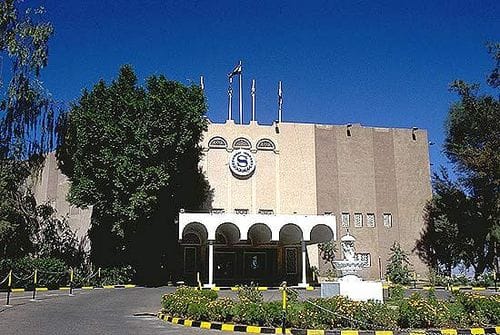
A New Green Zone in Sanaa
Welcome to the Sanaa Sheraton! It’s now officially part of an expanded US Embassy estate that some are calling Yemen’s “Green Zone,” the plush, heavily guarded civilian headquarters for revised twenty-first-century “rules of engagement” in the Yemeni “theater.” It’s a risky place to stay.
•
8 min read

